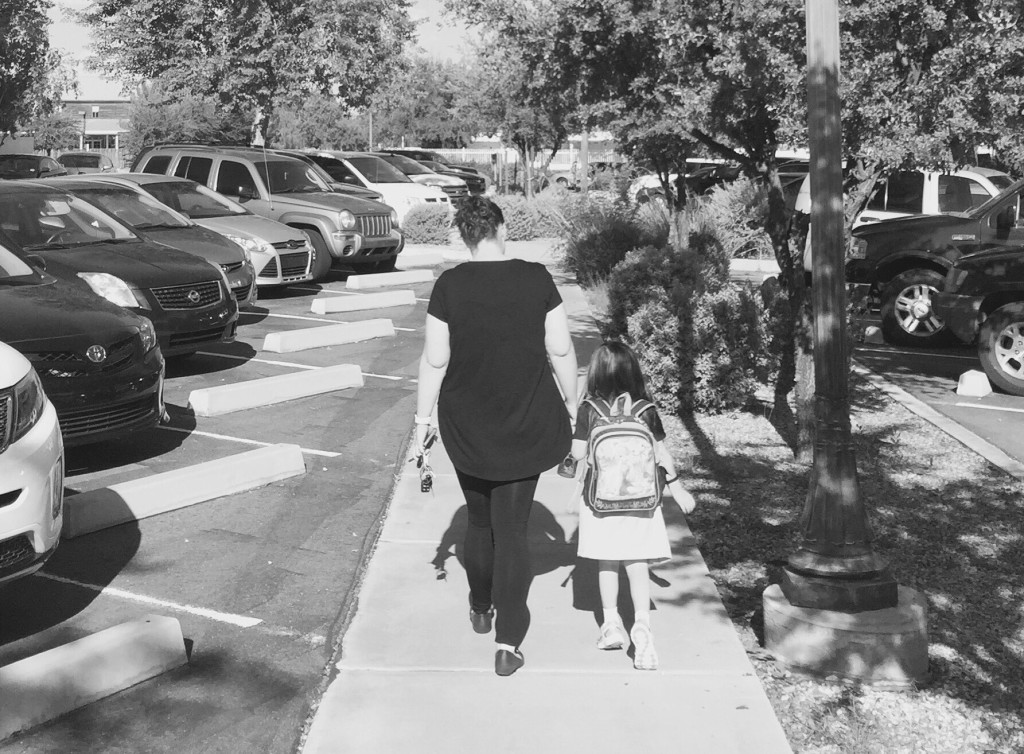OMG, y’all. The Oxford English Dictionary added new words. More than 1,000 entries have been updated and some 1,200 words or meanings added, according to an article on the updates by NPR. The editors of the OED typically wait years before they ultimately decide what words and meanings to add, making the “newness” of some of these words sort of silly. Once we start writing down and spelling out words that may only have been spoken or used jokingly, the editors start to take notice. The process of legitimizing and recording a word begins.
Some of the best additions for this go-around include:
- cheese eater (n.): a person who eats cheese; a person who appreciates or routinely consumes cheese
- ‘Merica (n.): America. Note: Originally and chiefly in representations of nonstandard speech. Now frequently also in ironic or self-conscious use, emphasizing emblematic or stereotypical qualities of American traditions, institutions and national ideals.
- moobs (n.): unusually prominent breasts on a man, typically as a result of excess pectoral fat.
- uptalk (n.): a manner of speaking in which declarative sentences are uttered with rising intonation at the end, a type of intonation more typically associated with questions.
- YOLO (int.): “You only live once”; used to express the view that one should make the most of the present moment without worrying about the future (often as a rationale for impulsive or reckless behavior).
YOLO cracks me up in particular because it’s grammatically incorrect to say “you only live once” (it should really be “you live only once,” so YLOO). But hey, so goes the evolution of language.
There are also some racy, NSFW ones like biatch and jagoff. I might be most proud to see jagoff in the OED as a Pittsburgher (it’s a classic work of Pittsburghese). I’ll let you use your imagination on the actual definition or look that one up yourself. 😉
What’s coolest about all of this to me is that it demonstrates how fluid and flexible language is, which is one of my favorite things about it. We are, all of us, allowed to own it, bend it, tweak it, use it how we need to. There is certainly a difference between a creative evolution of a word and the bastardization of a word, to be clear. And I know there are purists among us, but I am a huge fan of this malleability. I once had a professor spend an entire class lamenting the misuse of impact. What was once a noun has now also become a verb, likely because people wanted to avoid misusing affect/effect. I for one say, “So what? Who cares?” Documentation adds validity, so now that it’s in the OED, go ahead, use it. YOLO, after all.








